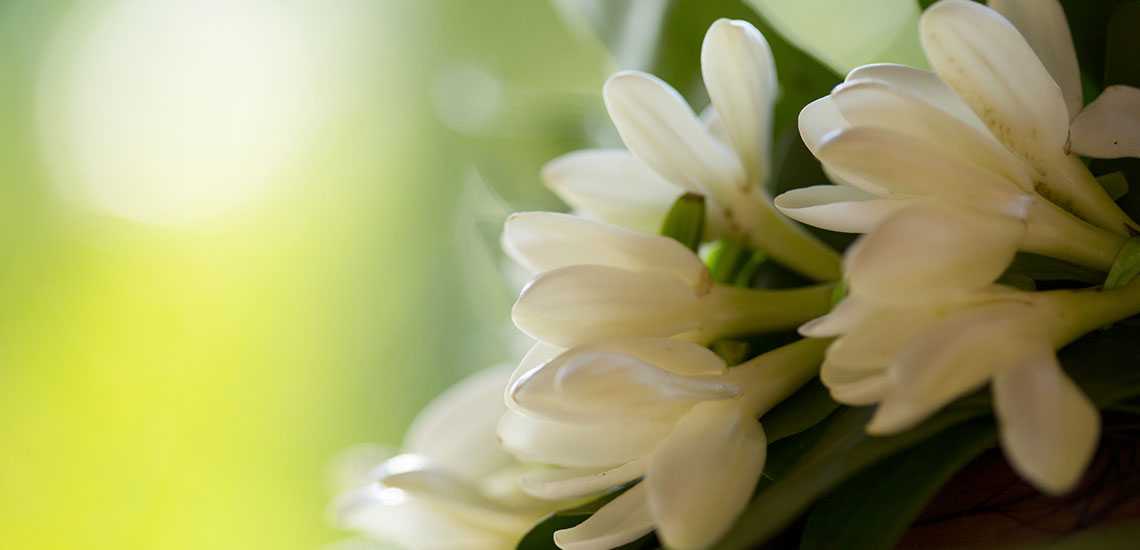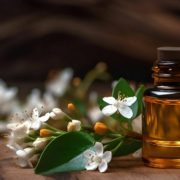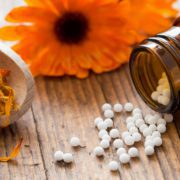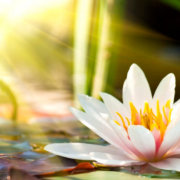Scents and Hypertension
Hypertension or high blood pressure is one of the major causes of premature death, affecting an estimated 1.28 billion adults worldwide 1. Using certain scents or essential oils can help keep blood pressure levels in a healthy state naturally. Although research is limited, preliminary studies investigating the effects of aromatherapy on hypertension support this notion. But how do essential oils affect hypertension? Keep reading to explore with us.
Ahead, we’ll be exploring whether there is any positive association between scents and hypertension. But before we get into how aromatherapy can help with managing hypertension using essential oils, we’ll need to understand the basics of hypertension first. So, let’s get started.
Table of contents
-
What is hypertension?
-
Hypertension symptoms
-
Hypertension causes
-
Health complications associated with hypertension
-
Scents and hypertension
-
Can essential oils help lower hypertension?
-
Essential oils popularly used to manage hypertension
-
Safety precautions
-
Final words
What is hypertension?
Hypertension, also known as high blood pressure or HBP is a health condition in which the pressure of blood in the wall of blood vessels is higher than usual. According to the guidelines of the American Heart Association, blood pressure measurements come in the following general categories, such as:
- Normal or ideal blood pressure: a reading of systolic pressure within 120 and diastolic pressure within 80.
- Elevated blood pressure: a reading of systolic pressure ranging from 120 to 129 and diastolic pressure within 80.
- Stage 1 hypertension: a reading of systolic pressure ranging from 130 to 139 or diastolic pressure ranging from 80 to 89.
- Stage 2 hypertension: a reading of systolic pressure ranging from 140 or higher or diastolic pressure 90.
- Hypertensive crisis (needs immediate medical attention): a reading of systolic pressure higher than 180 or diastolic pressure 120.
Hypertension symptoms
Hypertension may develop over time without showing any symptoms. However, throughout this period, it may cause damage to overall health. This is the reason why hypertension is often called by its popular nickname “silent killer”. Once blood pressure reaches too high, some signs and symptoms may begin to show, such as:
- Headache
- Double or blurry vision
- Heart palpitations
- Lightheadedness or fainting
- Fatigue
- Shortness of breath
- Nausea or vomiting
- Nosebleeds
Hypertension causes
Although the actual cause of hypertension is still unclear, researchers assume that certain traits, habits, and conditions may increase the risk of developing this issue. Some causes are non-modifiable and some of them are modifiable.
Non-modifiable causes of hypertension include:
- Age
- Family history or genetics
- Race
Modifiable causes of hypertension may include:
- Excessive salt intake
- Alcohol consumption
- Smoking
- Drug abuse
- Lack of physical activity
- Obesity
- Excess physical and emotional stress
Health complications associated with hypertension
Hypertension raises the workload of blood vessels as well as the heart and overall cardiovascular system. If left untreated, it may result in a range of serious health complications. Constant high pressure in the blood vessels may lead to cause damage to arteries as well as other body organs. The longer it goes untreated, the greater chance it gets to damage overall health.
Uncontrolled hypertension may lead to several health complications, including, but aren’t limited to:
- Stroke or heart attack
- Heart failure
- Eye problems
- Kidney issues
- Changes in cognitive function and memory
- Changes in blood flow to the brain
Scents and hypertension
A number of scents, especially those that are emanated by essential oils have been found to have significant health and wellness benefits. Helping with managing hypertension is one of them.
Scents have the power to promote relaxation and tranquility which in turn can hugely help in controlling high blood pressure. Research suggests only natural scents, including essential oils and natural perfumes, are effective instead of artificial fragrances.
Can essential oils help lower hypertension?
Essential oils are known for their calming and hormone-balancing effects. Since stress has a direct or indirect influence on developing high blood pressure, essential oils can benefit hypertension by reducing stress and balancing associated hormones such as cortisol and others. Multiple clinical studies have substantiated the beneficial effects of essential oils in managing hypertension.
For instance, in a 2012 clinical trial, researchers investigated the effects of essential oils inhalation on salivary cortisol levels and high blood pressure in 83 people with hypertension and prehypertension. They divided the 83 people into 3 groups – an experimental group with 28 people, a placebo group with 27 people, and a control group with 28 people.
The experimental group was given a blend of essential oils with ylang-ylang, neroli, lavender, and marjoram to inhale for 24 hours. The placebo group was given artificial fragrances to inhale for 24 hours. And the control group did not get any inhalation treatment.
After 24 hours, the experimental group showed a noticeable reduction in blood pressure and salivary concentration compared to placebo and control groups.
This study indicates that essential oils have the potential for blood pressure and stress reduction, but not artificial fragrances.
Essential oils popularly used to manage hypertension
Essential oils work well alone or in combination with other oils. Here is a list of essential oils that have been found useful in managing hypertension:
Lavender – the calming properties of lavender help lower anxiety and heart rate.
Neroli – it has antihypertensive properties.
Sweet marjoram – it has properties that may help dilate blood vessels and reduce blood pressure.
Rose – the anti-inflammatory properties of rose essential oil may help prevent plaque formations in blood vessels and improve circulation.
Ylang-ylang – it has properties that may help balance stress hormone levels.
Valerian – it is highly effective in calming the nervous system and therefore, may help reduce blood pressure, reduce nervous tension, ease heart palpitations, and promote sleep quality.
Lemon – Lemon essential oil may relieve stress and depression, thereby naturally lowering blood pressure.
Safety precautions
Essential oils are complementary medicine and must be used in addition to mainstream medications in people with chronic hypertension. Besides, though rare, some essential oils do have side effects. Therefore, always consider working with a qualified aromatherapist or natural medicine practitioner prior to using essential oils, especially if you’re on medications for hypertension.
Final words
Certain scents, especially essential oils can hugely help with managing and preventing hypertension if appropriately used. But every hypertensive condition is unique and the selection of essential oils is highly personal depending on personal health needs. Consider working with a professional naturopath or aromatherapist to determine what would be the best.
Disclaimer: This article contains only general information to educate our readers; the information provided here cannot replace any professional guideline.
NOTES:
1) according to the World Health Organization, https://www.who.int/news-room/fact-sheets/detail/hypertension
























Leave a Reply
Want to join the discussion?Feel free to contribute!